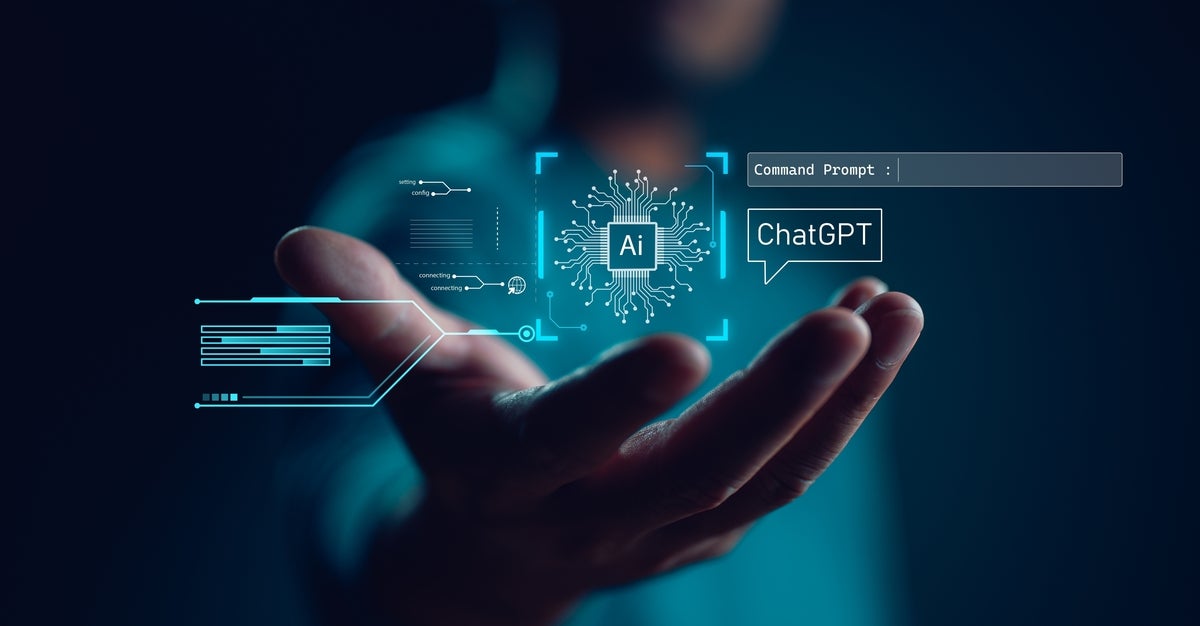Source: www.csoonline.com – Author:
Join the discussion on managing the risks and rewards of AI—just how disruptive will artificial intelligence become?
Synopsys 
What is the future of artificial intelligence (AI)? Or, much more relevant to humans, what is our future with AI? As is obvious from the avalanche of writing about it, we’re not even close to a definitive answer, with opinions ranging from utopia to dystopia and everything in between.
What does seem clear, however, is that large language model chatbots will be disruptive. Open AI’s ChatGPT—still the best known, although it now has lots of competition—is already helping students and coders alike become more efficient. But chatbots are also being used by hackers to generate fraudulent emails. They could eliminate thousands, perhaps millions, of jobs. And there are fears that AI will escape the control of its creators and become the master, rather than the servant, of humanity.
These risks were part of an AppSec Decoded conversation during the 2023 RSA Conference between Taylor Armerding, security advocate with the Synopsys Software Integrity Group, and Bruce Schneier, chief of security architecture at Inrupt, Inc., and a keynote speaker at RSA.
Schneier, a self-described public interest technologist and author of the blog “Schneier on Security,” where he has written extensively on AI, is a lecturer in public policy at the Harvard Kennedy School; a board member of the Electronic Frontier Foundation, AccessNow, and the Tor Project; and an advisory board member of EPIC and VerifiedVoting.org. He is a New York Times best-selling author of 14 books—including Click Here to Kill Everybody—as well as hundreds of articles, essays, and academic papers.
Schneier said that, in some ways, ChatGPT has already “escaped” human control. “It regularly produces output that we have no idea where it came from, and we never intended,” he said. “But unplugging the computer implies you are next to it with your hand on the cord and can pull. Imagine we have an AI that is controlling the physical space around it. Suddenly, that could be harder.”
Schneier also predicted that AI will make its users more efficient, whether writing code, legal briefs, or college research papers. In the case of a lawyer, “Maybe it won’t replace you, but you can triple your caseload. So now you’ll have a third of the lawyers making twice as much.”
Will it create new jobs, as every technological advance has in the past? “I don’t know enough to predict that,” he said. “But one job that didn’t exist three months ago is ‘prompt engineer.’” To learn more about Synopsys, visit us here.
Watch the full video interview here
Copyright © 2023 IDG Communications, Inc.
Original Post url: https://www.csoonline.com/article/3700853/the-light-and-dark-of-artificial-intelligence.html#tk.rss_all
Category & Tags: –




















































